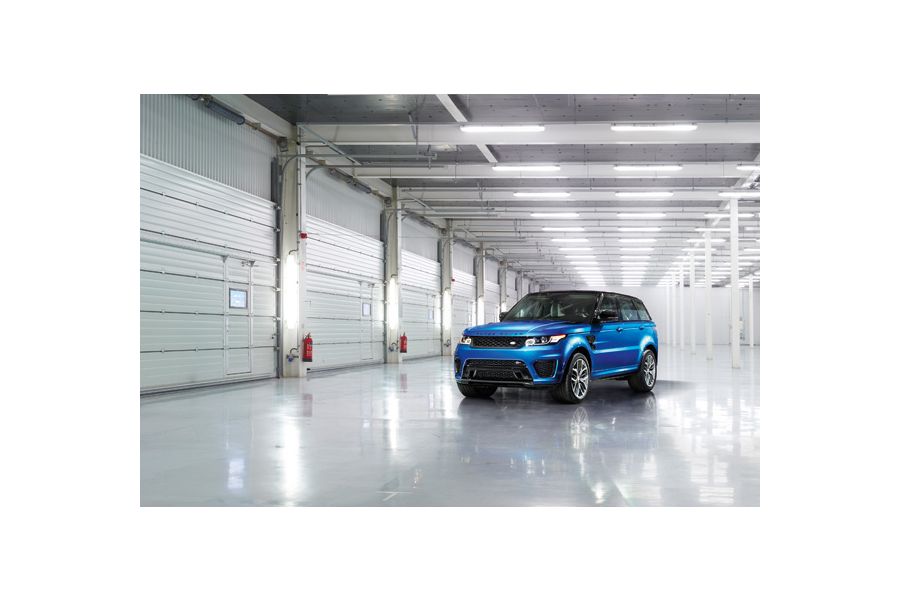2015 Cars With the Best Resale Values

As astute car shoppers already know, the best way to wring maximum value out of a new car or truck is to choose one that inherently delivers lower long-term ownership costs. One of the largest, but often overlooked, of these expenses is depreciation – how much value a vehicle loses over time; depending on the model the differences in resale (residual) values down the road can be significant.
According to Kelley Blue Book in Irvine, California, the typical new vehicle will retain only around 39.7 percent of its original value after five years on the road, which means the average new car that sells for $50,000 today would be worth around $19,850. By comparison, a similarly priced model that’s expected to retain an additional five percent of its original value after 60 months will put an extra $1,600 back into an owner’s pocket at trade-in time.
Though a given model’s resale value down the road will vary depending on vehicle condition and miles driven, its average depreciation is based on assorted economic factors, historical data and supply and demand issues. For example, slow-selling models that are sold subject to hefty cash rebates usually suffer steeper declines in residual values than do more popular cars selling for closer to their sticker prices.
What’s more, the more expensive the vehicle, the more important differences in depreciation become over time, simply because there’s more money at stake.
Someone owning a $30,000 car that drops 40 percent of its value after three years loses $12,000 at trade-in time, while someone driving a $100,000 vehicle with the same rate of depreciation will suffer a $40,000 hit to the wallet. On the other hand, differences in resale values among models that were similarly priced when new tend to narrow the longer one keeps a vehicle, and can become negligible among those who literally “run a car into the ground.”
Choosing a car having a higher residual value is especially critical for those leasing a vehicle, because payments are largely based on the difference between a model’s transaction price and its projected worth at the end of the contract’s term.
To help shoppers find the best long-term values, the analytics experts at ALG in Santa Barbara, California, recently issued its 15th annual Residual Value Awards (featured in the accompanying box), which identify vehicles in 26 different model segments that can be expected to carry the lowest depreciation rates. “Residual value is important for automakers and consumers because it's a complete indicator of the vehicle's future value, accounting for quality, durability and brand desirability among other factors,” says ALG president Larry Dominique. “The award recipients demonstrate strong forecasted returns on investments for their owners.”
Among mainstream makes, Toyota/Lexus tops the ALG list with five separate segment leaders, while ALG predicts Land Rover’s upscale SUVs will afford the highest average resale values among luxury automakers. “With some models like the Range Rover Sport, we're seeing vehicles on the dealer lot for just 13 days on average – far below the industry's 65-day average,” Dominique says. “Some Land Rover models are in such high demand that they're selling above list price, which is a remarkable achievement.”